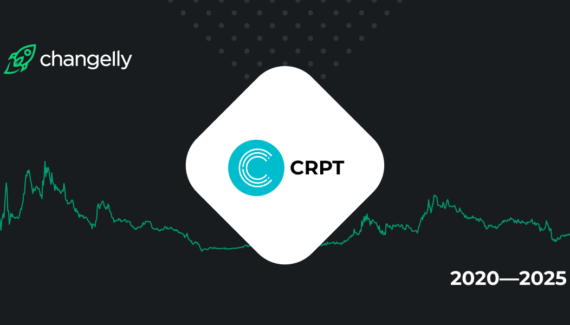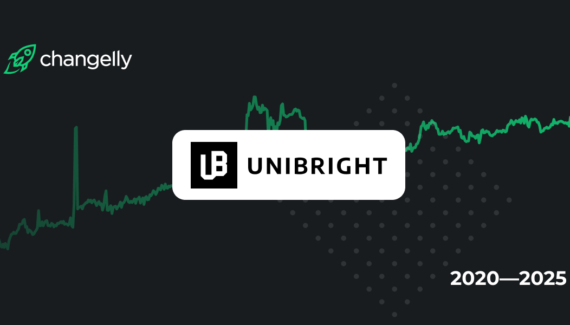Com a crescente popularidade global das criptomoedas, cada vez mais pessoas querem entrar no mercado das criptomoedas. No entanto, para as moedas mais populares, a...
Dicas e guias sobre o investimento em criptocurrency

CRPT é um token baseado no Ethereum e uma parte vital do ecossistema Crypterium. Esse ecossistema consiste não apenas na blockchain Crypterium, mas também no...

Changelly adicionou o SOLO, o token primário de uma plataforma de tokenização de valores mobiliários Sologenic, ao seu amplo catálogo de mais de 160 criptomoedas...

A criptomoeda continua a alcançar o mundo, com mais e mais países adotando-a com alguma capacidade. Às vezes, é uma legalização total, outras, é mais...

Changelly recebe o token de utilitário da troca de criptomoedas OKEx, OKB, que a partir de agora pode ser instantaneamente trocado por mais de 150...

Hyperion é uma plataforma de mapeamento descentralizada que busca implementar o conceito de um único mapa. Consiste em fornecer uma visão unificada dos dados e...

De acordo com um relatório de 12 de maio, Pavel Durov anunciou o encerramento definitivo do projeto TON. Há dois anos e meio, ele levantou...

Novas criptomoedas aparecem diariamente. Os investidores precisam analisar muitos ativos para entender se vale a pena investir em novos projetos. A equipe Changelly também analisa...

Na virada de 2017 e 2018, a moeda XRP deu um salto vertiginoso, tornando-se brevemente a segunda criptomoeda mais capitalizada do mundo depois do Bitcoin....

O trading de criptomoedas é fornecido há mais de dez anos. Portanto, a maioria dos instrumentos e técnicas de trading típicas do trading convencional agora...
